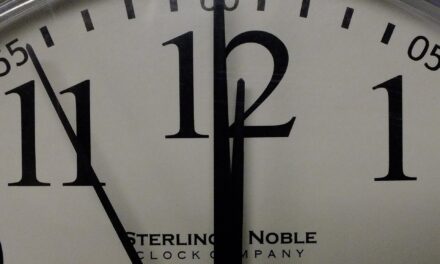DERBY, UK – Responding to a troubling rise in childhood mental health issues globally, researchers at the University of Derby have developed a groundbreaking tool: the Child Self-Criticism Scale (CSCS). This first-of-its-kind measure is specifically designed to identify and quantify self-critical tendencies in children aged seven to eleven.
The development comes as mental health challenges among young people escalate. In the UK, recent figures indicate a significant concern, with reports from 2023 suggesting that one in five children and young people in England has a probable mental disorder.
Professor Frances Maratos, Professor of Psychology and Affective Science at the University of Derby and the project’s lead researcher, highlighted the critical need for such a tool. “Social and competitive environmental pressures, combined with changes in self-identity, make self-criticism especially problematic in the identity-forming phase of childhood,” she stated. “Research shows that a tendency toward self-criticism is a major vulnerability to future mental health problems and disorders—especially childhood depression.”
Prior to this development, Professor Maratos noted a significant gap: “No robust measure of self-criticism exists for use with child populations, and there is no existing research examining the effects of child self-criticism on future psychopathologies or general social and emotional development. Our measure addresses this gap.”
The creation of the CSCS involved over two years of rigorous work by Professor Maratos and her colleagues, Dr. Hajra Ashra, Dr. Edward Stupple, and Dr. Chris Barnes. Following best practice guidelines, the team developed a 15-item scale that assesses a child’s tendency towards both “criticizing to self” and “reassuring to self.”
A key innovation in the scale’s development was directly involving children. “This is the first time that children have been used as experts to inform a scale of this kind,” Professor Maratos explained. “It ensures the scale is age-appropriate and robust in measuring the experience of ‘self-critical’ emotions in children through accessible language at the level of child emotional understanding.” She contrasted this approach with previous methods that often involved repurposing adult measures or generic clinical tools, deeming them “simply not suitable.”
The research builds upon the University of Derby’s extensive work in its Compassion in Education Program, leveraging expertise in Compassion-Focused Therapy (CFT) and Compassionate Mind Training (CMT). The team has spent nearly a decade developing resources to improve well-being in educational settings for both students and staff.
Researchers hope the open-access CSCS will be widely adopted in schools and community settings. “We believe our scale will be invaluable for researchers wanting to monitor well-being,” Professor Maratos said. “We anticipate it will also be a very useful measurement tool across many educational and community settings, especially given the crucial role child well-being plays in long-term flourishing, mental health, and future life outcomes.” The goal is for teachers and other professionals to use the scale to effectively measure negative emotions, thereby informing early interventions and support strategies.
The research detailing the scale’s development and validation is published in the journal Current Psychology.
Disclaimer: This news article is based solely on the information provided in the source text. It has not been independently verified or fact-checked against external sources.











